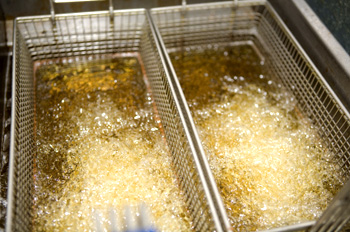 What’s all the hubbub about trans-fats and why are they making headlines? Why should they be avoided and where did they come from? During the early 1900’s, food manufacturers were looking for a type of fat that would store better and would be cheaper than butter and lard. Their idea was to turn oil into a fat that would be solid at room temperature.
What’s all the hubbub about trans-fats and why are they making headlines? Why should they be avoided and where did they come from? During the early 1900’s, food manufacturers were looking for a type of fat that would store better and would be cheaper than butter and lard. Their idea was to turn oil into a fat that would be solid at room temperature.
Why? Because baking requires a soft yet solid fat. It’s the only way to produce light, crispy, or flaky textures that make cookies, cakes, and pies so popular with consumers. Sounds sweet right? And so shortening was created by treating liquid vegetable oils with hydrogen. It was soon discovered that this process not only solidified the oils, but also generated some quantities of trans fat.
Health professionals consider trans fats as especially harmful to your cholesterol, because it leads to accelerated plaque build-up in your arteries that causes coronary heart disease. Americans get around 40% of their trans fat intake from baked goods alone.
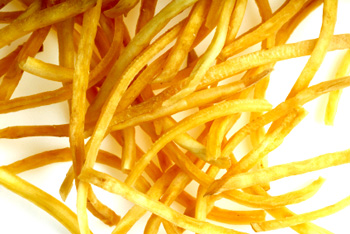 Why did these artificial fats become so popular with food manufacturers and restaurants? First of all, trans fats are cheap, especially compared to butter and animal fat. They store extremely well, don’t need to be refrigerated and don’t smoke when heated. So they became the fat of choice for both companies who wanted to extend the shelf-life of their baked goods and food chains that rely on cheaply produced, deep-fry foods.
Why did these artificial fats become so popular with food manufacturers and restaurants? First of all, trans fats are cheap, especially compared to butter and animal fat. They store extremely well, don’t need to be refrigerated and don’t smoke when heated. So they became the fat of choice for both companies who wanted to extend the shelf-life of their baked goods and food chains that rely on cheaply produced, deep-fry foods.
So what’s happening now? On December 5, 2006, New York City’s board of health approved a ban on trans fats in all restaurants across the city. As of July 2007, restaurants can’t use cooking oils that contain trans fats. They have until July 2008 to step up to the plate so to speak.
This is a step in the right direction, at least in New York. However, we still need to think about fat content in the foods we consume on a regular basis. Measuring fat when you cook and reading the label of pre-packaged foods are the best way to monitor how much fat you are consuming. If something is listed as “trans fat free” keep in mind that it doesn’t mean fat-free. Limiting your fat intake overall and cooking with the right types of fat is critical for a healthy diet and normal weight.
Related Posts
- Get the skinny on healthy fats!
- Learn more about the fats you should take in your diet in this article from the Mayo Clinic.
- Artificial trans fats will be off the menu in New York restaurants as city authorities seek to remove a major cause of heart disease from their residents’ diets.
- I love the taste and smell of extra virgin olive oil and recent studies have shown that they are higher in antioxidants, and benefit your heart health. Read about the health benefits of extra virgin olive oil on WebMD.
- What about Carbohydrates? We often call starchy and fibrous foods carbs but carbohydrates are found in many different foods. Learn more about carbs »


 Are you ready to look better, feel more energized, and get back that youthful feeling you remember having as a kid? I can help you on a journey that will change the way you eat — for good. My
Are you ready to look better, feel more energized, and get back that youthful feeling you remember having as a kid? I can help you on a journey that will change the way you eat — for good. My 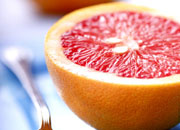


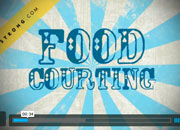








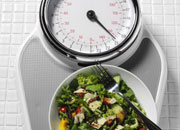


 As a healthy cooking expert, health coach and TV host,
As a healthy cooking expert, health coach and TV host, 


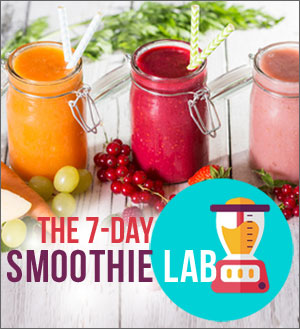
Thanks for the really helpful description on why we should not be eating trans-fats! I once heard that even the smallest amount in your body takes over three months to digest. Is that possible?